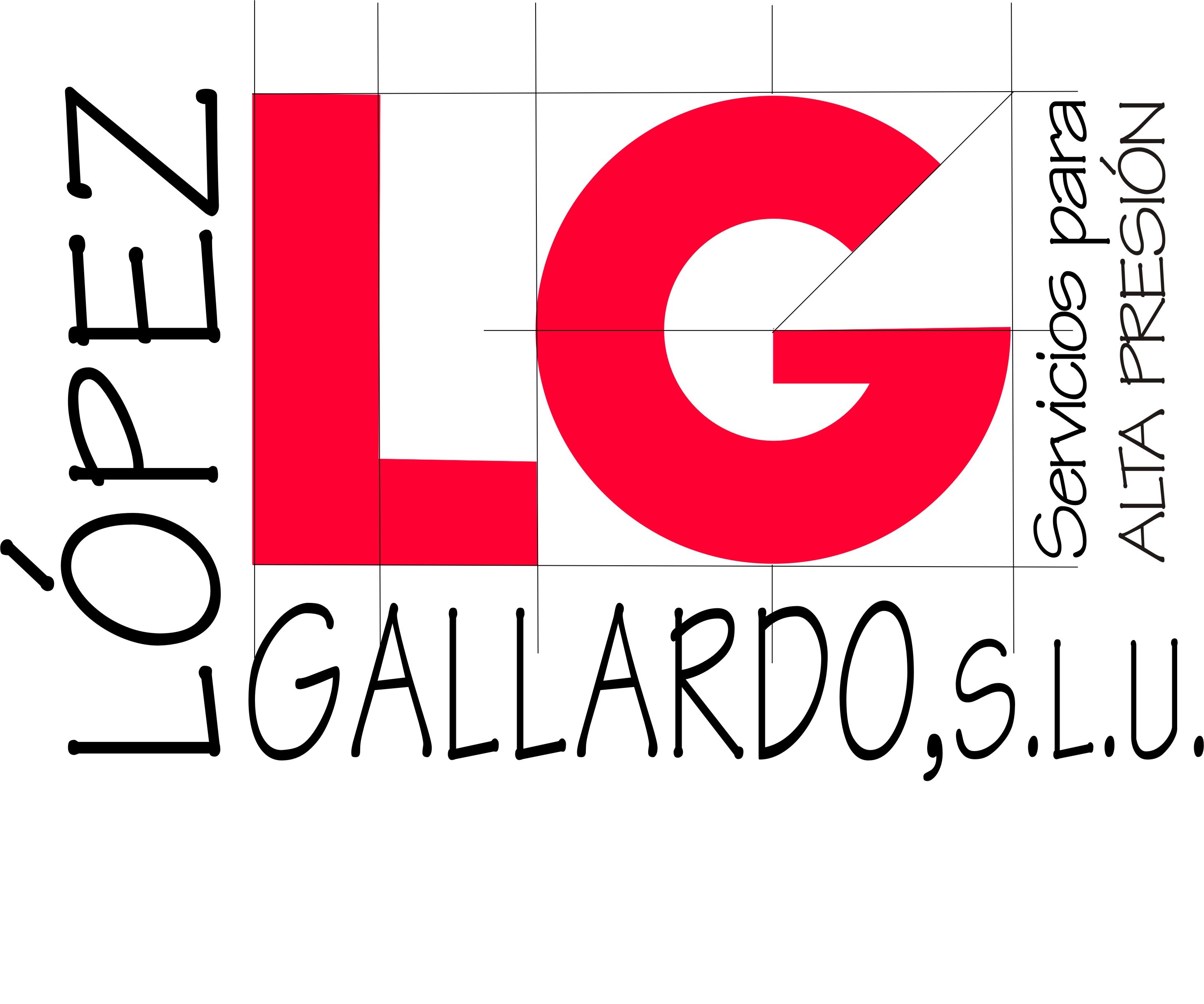essay writier
Individuals who produce a pattern of passive-aggressive interaction frequently feel powerless
stuck, and resentful – in other terms, they feel incompetent at working straight because of the item of the resentments. Alternatively, they express their anger by subtly undermining the thing ( imagined or real) of the resentments. They smile at you while setting booby traps all around you.
Passive-Aggressive communicators will most likely:
– mutter to by by by themselves as pay for essay writing opposed to confront anyone or problem – have a problem acknowledging their anger – usage facial expressions that do not match how they feel – for example., smiling whenever crazy – use sarcasm – deny there was a challenge – appear cooperative while purposely doing items to annoy and disrupt – make use of sabotage that is subtle get also
The effect of the pattern of passive-aggressive interaction is him or her:
– become alienated from those around them – remain stuck in a posture of powerlessness (love POWs) – release resentment while genuine dilemmas should never be addressed so they really can not grow
The communicator that is passive-aggressive state, think, or behave love:
– “I’m poor and resentful, and so I sabotage, frustrate, and disrupt.” – “I’m powerless to deal I must use guerilla warfare.” – “i am going to appear cooperative but I’m maybe not. to you mind on so”
4. ASSERTIVE INTERACTION is a method by which people obviously state their views and emotions, and firmly advocate due to their liberties and requirements without breaking the liberties of other people. Assertive communication comes into the world of high self-esteem. These people value themselves, their time, and their psychological, religious, and real needs and therefore are strong advocates on their own while being extremely respectful regarding the liberties of other people.
Assertive communicators will:
– state requirements and wishes obviously, accordingly, and respectfully – express emotions plainly, accordingly, and respectfully – use “I” statements – communicate respect for others – pay attention well without interrupting – feel in control over self – have actually good eye contact – talk in a calm and clear modulation of voice – have a calm body posture – feel attached to other people – feel competent as well as in control – not allow others to abuse or manipulate them – operate because of their legal rights
The impact of the pattern of assertive interaction is these people:
– feel attached to others – feel accountable for their everyday lives – have the ability to grow simply because they address problems and issues while they arise – develop a respectful environment for other people to cultivate and grow
The communicator that is assertive state, think, or act in a manner that states:
– “We are similarly eligible to show ourselves respectfully one to the other.” – “i will be confident about whom i will be.” – “I understand We have alternatives within my life and I also start thinking about my choices.” – “I speak clearly, honestly, also to the point.” – “I can’t get a handle on other people but I’m able to get a handle on myself.” – “I spot a top concern on having my liberties respected.” – “i will be in charge of getting my requirements came across in a respectful way.” – “I respect the liberties of other people.” – “Nobody owes me personally such a thing it for me.” – “I’m 100% in charge of my own delight. unless they’ve decided to give”
Click below to look at Carl’s 8-minute YouTube movie describing Assertiveness additionally the Four correspondence designs
To see most of Carl’s YouTube videos on interaction abilities, click the link .
Assertiveness we can care for ourselves, and it is fundamental once and for all psychological state and healthier relationships. For the associated topic, see healthy boundaries. Then click on the photo below to see if online therapy might be right for you if you would like help in learning to be more assertive.
To check out my articles on Facebook, please click on the Like and/or Share buttons below:
click the picture below to request therapy that is online. .

